The Frankfurt School
and “Critical Theory”
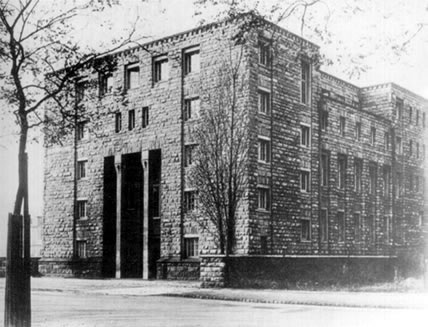
Index to the biographies and writings of members of the “Frankfurt School”, or Institute for Social Research, set up by a group of Marxist intellectuals in Germany in 1923, affiliated to the University of Frankfurt and independently of the Communist Party, which has been influential in the development of Marxist theory ever since.
The founding of the Institut marked the beginning of a current of “Marxism” divorced from the organised working class and Communist Parties, which over the decades merged with bourgeois ideology in academia.
Creation of the Institut für Sozialforschung, Martin Jay, 1973.

The Institut für Sozialforschung (Institut) was the creation of Felix Weil, who was able to use money from his father's grain business to finance the Institut. Weil was a young Marxist who had written his PhD on the practical problems of implementing socialism and was published by Karl Korsch.
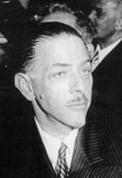
With the hope of bringing different trends of Marxism together, Weil organised a week-long symposium (the Erste Marxistische Arbeitswoche) in 1922 attended by Georg Lukacs, Karl Korsch, Karl August Wittfogel, Friedrich Pollock and others. The event was so successful that Weil set about erecting a building and funding salaries for a permanent institute. Weil negotiated with the Ministry of Education that the Director of the Institut would be a full professor from the state system, so that the Institut would have the status of a University.
Weil himself was an orthodox Marxist, who saw Marxism as scientific; the role of the Institut would be social and historical research mainly on the workers' movement. Indeed, in its early years, the Institut did fairly orthodox historical research. However, one of Weil's central objectives was also cross-disciplinary research, something which the German University system made impossible.
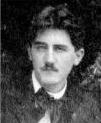
Although Georg Lukacs and Karl Korsch both attended the Arbeitswoche which had included a study of Korsch's Marxism and Philosophy, both were too committed to political activity and Party membership to join the Institut, although Korsch participated in publishing ventures for a number of years.
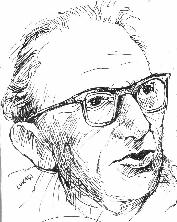
The way Lukacs was obliged to repudiate his History and Class Consciousness, published in 1923 and probably a major inspiration for the work of the Frankfurt School, was an indicator for others that independence from the Communist Party was necessary for genuine theoretical work.
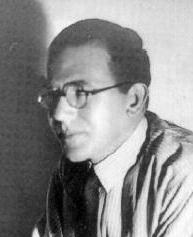
Friedrich Pollock was one of those who had been involved with the Institut from the beginning, and took over the role of Director on the death of Carl Grünberg. Pollock was content to concern himself with administrative matters, but he was also a life-long friend and associate of Max Horkheimer, who is probably the figure most identified as the leading representative of the Frankfurt School.
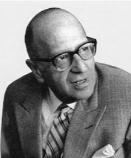
Max Horkheimer [Archive] later himself became Director of the Institut, and it was Horkheimer who guided the Institut into its innovative exploration of cultural aspects of the development of capitalism.
See Horkheimer’s opening address on becoming Director.
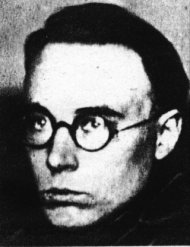
Karl August Wittfogel was a participant from the beginning, but was a Party member and had a more orthodox, “scientific” view of Marxism. It is Wittfogel who established the classic Marxist analysis of “Asiatic Despotism.”
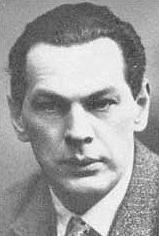
Richard Sorge worked at the Instiut, but as it turned out was only there in his role as a Soviet spy.
David Ryazanov [Archive] was assigned to Germany to compile the writings of Marx and Engels and publish the Marx-Engels Gesamtausgabe, and worked closely with the Institut.
In 1931/32 a number of psychoanalysts from the Frankfurt Institute of Psychoanalysis and others who were acquainted with members of the Institut began to work systematically with the Institut. These included Franz Borkenau, Erich Fromm, Wilhelm Reich, Karl Landauer and Heinrich Meng.
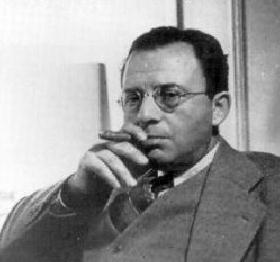
In joining what was predominantly a “Hegelian-materialist” current of Marxists, these psychologists gave the development of Marxist theory an entirely new direction, which has left its imprint on social theory ever since.
Erich Fromm [Archive] dealt with psychological aspects of social control, delusion and conformity and became one of the founders of “socialist humanism”.
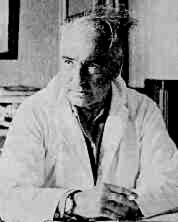
Wilhelm Reich developed his own doctrine of sexual liberalism as an antidote to political conformism and social psychosis.
Other young German Communist intellectuals who were associated with the Institut, but after the Nazi takeover, wound up in the United States, were Kurt Lewin and Adolph Löwe.
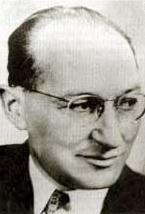
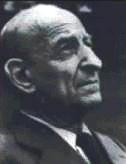
They all went on to make significant contributions to social theory, though only distantly related to their initial Communist inspirations. Kurt Lewin for instance contributed to the emergence of group-dynamics and social action theory as specialised disciplines. Adolph Lowe made important contributions to the development of political economy.
Raymond Aron was a French journalist and sociologist.
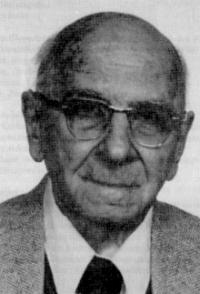
Leo Lowenthal [Archive] was one of the early workers at the Institut whose principal interest was in the sociology of literature.
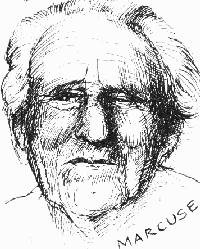
Later he was joined by the Hegelian philosopher Herbert Marcuse [Archive] who was probably the only member of the Institut who achieved wide influence among political activists, in the 1960s.
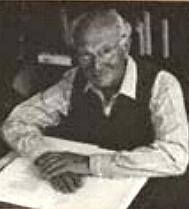
When Hitler came to power, the Institut was closed down, and by various routes, most of the participants in the Institut regrouped themselves in New York, with a new Institute affiliated to Columbia University. They continued to publish in German, even though very few people would have been reading their work in that language. However, after the War, the Institut returned to Frankfurt.
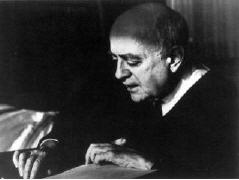

Perhaps two of the most famous figures who were in the central core of the Institut were Theodor Adorno [Archive] and Walter Benjamin [Archive], both renowned for their studies of literature and mass culture which would become so influential from the 1960s on.
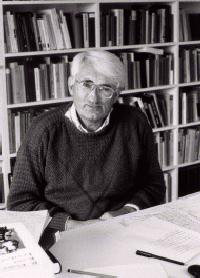
After the Institut re-established itself in Germany after the War, the main figure of the younger generation was Jürgen Habermas [Archive] who continued to develop the “critical theory” in the Hegelian tradition of Adorno and Marcuse. Habermas was instrumental in the 1960s in developing the theory of “networks,” but in later years Habermas has focussed on communicative ethics in the tradition of Immanuel Kant, and departed not only from the Marxist, but even the Hegelian tradition.
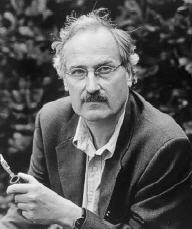
Currently Axel Honneth represents the third generation, continuing the work of Jürgen Habermas, but with a partial return to Hegel, still quite remote from any reading of Karl Marx.
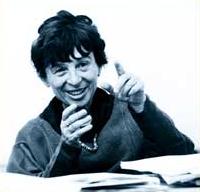
After the isolation and Stalinisation of the Soviet Union, and the consequent decline of the Communist Parties in the “West,” the possibilities for the fruitful development of Marxism as a revolutionary-critical theory in close connection with the practical-critical activity of the workers movement, became extremely restricted.
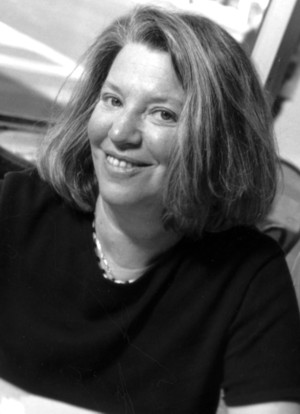
The current generation of Critical Theorists, unlike previous generations, is led by women, such as Nancy Fraser, Seyla Benhabib and Agnes Heller:

The intellectuals who founded the Frankfurt Institut deliberatively cut out a space for the development of Marxist theory, inside the “academy” and independently of all kinds of political party.
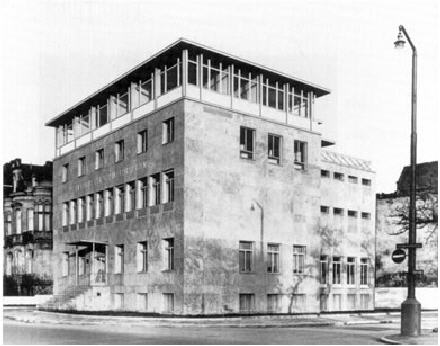
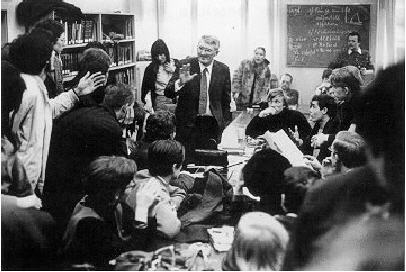
The result was a process in which Marxism merged with bourgeois ideology. A parallel process took place in post-World War Two France, also involving a merging with Freudian ideas. One of the results was undoubtedly an enrichment of bourgeois ideology. In this connection Paul Mattick's Marcuse: One Dimensional Man In Class Society (1972) is worth reading. But also, despite everything, the Frankfurt School makes an important critique of orthodox Marxism.